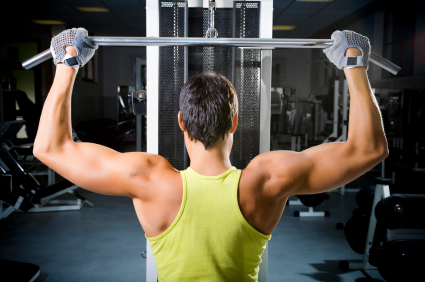You might think weaker bones are a natural part of aging. A broken bone in your later years is hard to bounce back from. A fall can even cost you your life. But that doesn’t have to be the case.
Providing your body with the right nutrients and activity helps your bones stay strong and young. Here are our top five ways to help you prevent weak and brittle bones. But this is very important…all five things work synergistically. To get the most benefit, do them together.
1. Increase calcium intake – Calcium is vital for the proper development of bone and teeth. It also helps boost bone density, helping to prevent brittle bones. Calcium is the most common mineral found in your body.1 But when your body becomes deficient, it will start stealing calcium from your bones to meet the body’s need. Your bones then become weak and prone to fractures. Food is always the best way to get your nutrients. Spinach, kale, and collard greens are abundant in calcium.
2. Take your vitamin D3 – Vitamin D3 helps your body absorb and retain calcium, making it essential for bone health and formation.2 It’s known as the sunshine vitamin because when you are exposed to the sun your body naturally makes it. But as your body ages—the time when you need it most—you gradually lose your capacity to produce vitamin D3 from sunlight. So taking a supplement is a good idea.
3. Add vitamin K to your diet – Vitamin K teams up with vitamin D to regulate calcium in the body. One study found supplementation of vitamin K can reduce your risk of hip fractures by 77 percent, vertebral fractures by 60 percent, and all non-vertebral fractures by 81 percent.3 The vitamin influences the protein needed to bind calcium to bone matrix. Great sources of vitamin K include broccoli, Brussels sprouts, dark green lettuce, collard greens, and kale.
4. Boost your potassium – It’s not something you typically think of when it comes to bone health. But potassium helps neutralize acids that remove calcium from your body.4 Potassium also helps boost bone mineral density. A recent study found that older men and women who took potassium along with vitamin D and calcium had a significant increase in bone mineral density at a number of sites including the lumbar spine.5
5. Don’t forget to exercise –Weightlifting and resistance training help improve bone health. Exercise strengthens your bones by increasing in density. Your bones—like muscles—respond to the “stress” of exercise and increase in strength and density. Being active also improves your coordination and balance so you can prevent falls.
Your bones aren’t hard, lifeless structures. They are constantly breaking down and rebuilding themselves. Nourishing them with the right nutrients will make them stronger. You’ll be rewarded with a much lower risk for life-threatening breaks.
Like this Article? Forward this article here or Share on Facebook.
References:
1 http://www.health.com/health/article/0,,20412172,00.html
2 http://www.ncbi.nlm.nih.gov/pubmed/8642450
3 http://www.nutraingredients.com/Research/Strong-support-for-vitamin-K-s-bone-health-benefits
4 http://www.betterbones.com/bonenutrition/potassium/benefits.aspx
5 http://www.nutraingredients.com/Research/Study-backs-acidity-regulator-for-bone-health-benefits

